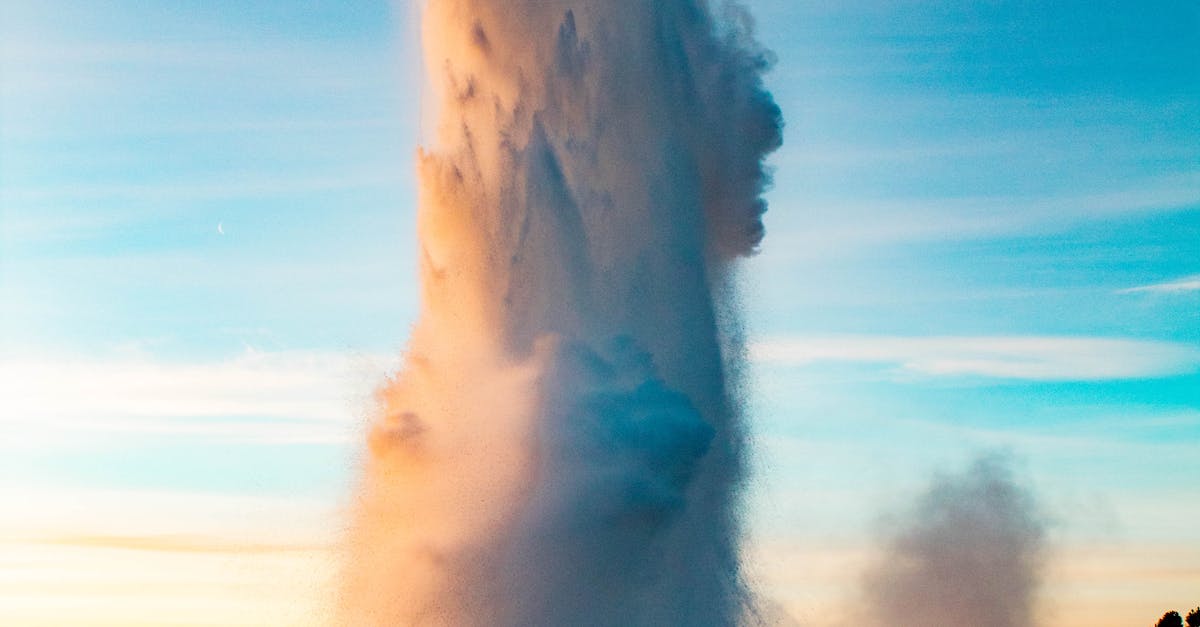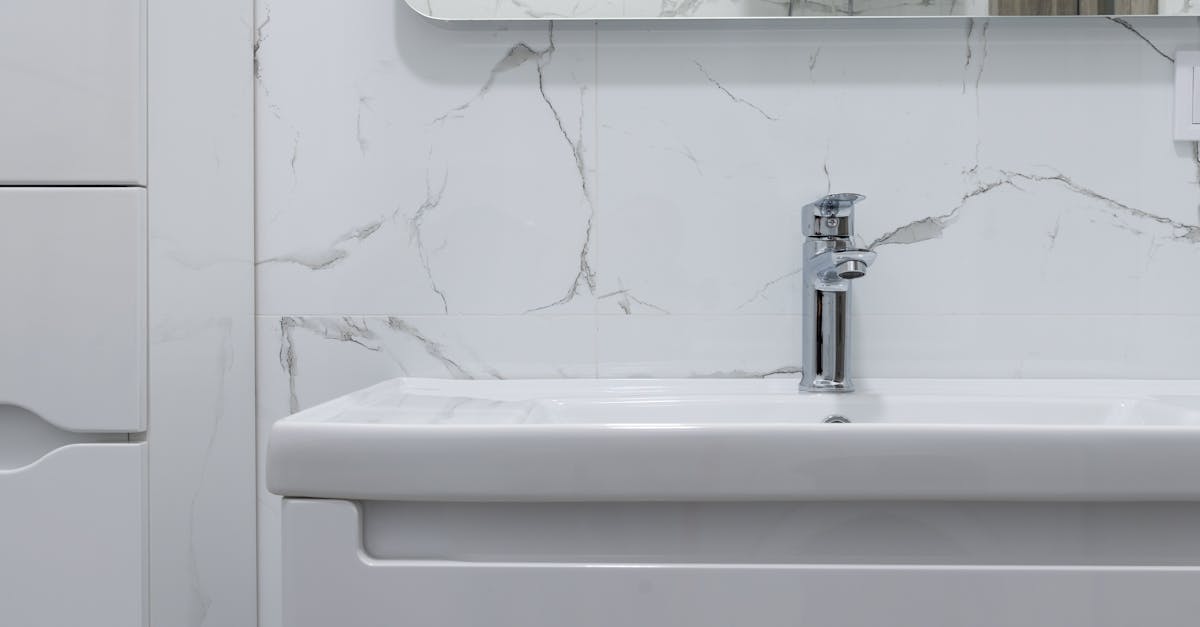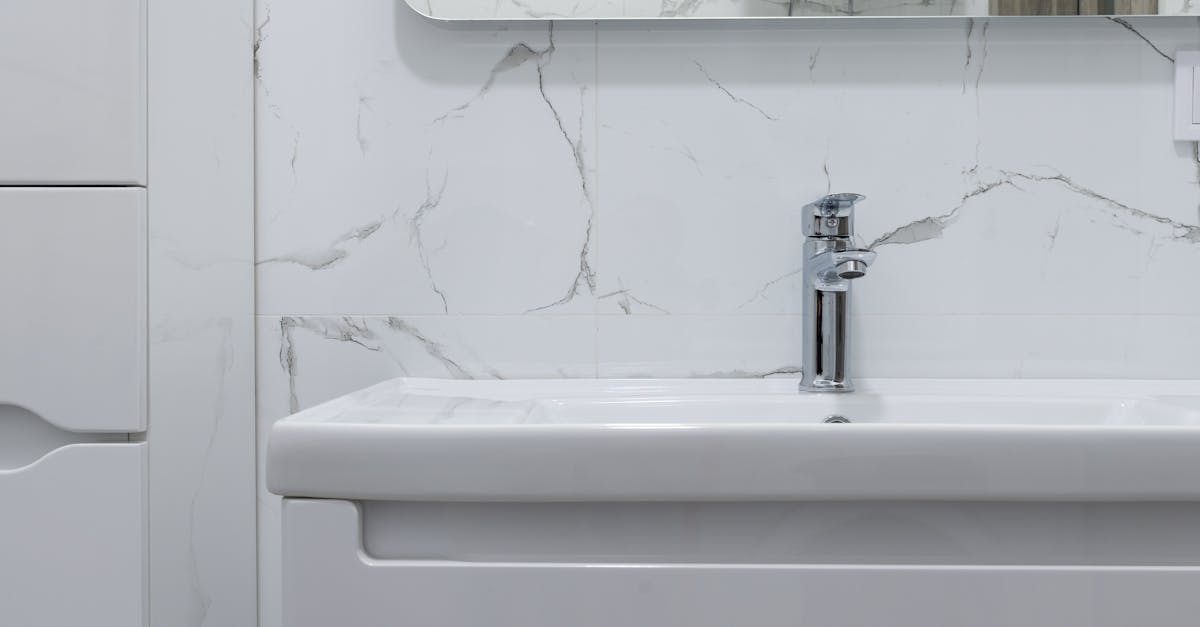
Table Of Contents
Pilot Light Troubles
When troubleshooting issues with your water heater, one common problem that users may encounter is related to the pilot light. The pilot light is a small flame that ignites the gas burner, which in turn heats the water in the tank. If you notice that there is no hot water coming from your taps, the first step is to check the status of the pilot light.
Ensure that the pilot light is lit and burning with a blue flame. If the pilot light is out, you can try relighting it following the manufacturer's instructions. If the pilot light continues to go out after relighting, there may be an issue with the thermocouple, gas supply, or other components of the water heater. In such cases, it is recommended to contact a professional for further diagnosis and repairs. Hot Water System Troubleshooting involves checking the pilot light as a crucial step in resolving potential issues with your water heater.
Ensure the pilot light is lit and blue
Ensure the pilot light is lit and blue. The pilot light is crucial for the proper functioning of your water heater. If the pilot light isn't lit or the color is off, it could indicate a problem. A lit and blue pilot light signifies that the gas is being burned efficiently, ensuring that your water heater is working correctly. If the pilot light is out or flickering a different color, such as yellow or orange, it may need to be adjusted or cleaned to restore it to its optimal state. Regularly checking the pilot light can prevent potential issues and ensure your water heater operates smoothly. In the realm of Hot Water System Troubleshooting, monitoring the pilot light is an essential task in maintaining the functionality of your water heater.
Odd Smells
Odd smells coming from your water heater can be a sign of underlying issues that need attention. It is essential to determine whether the odor is sulfuric or metallic in nature as this can indicate different problems within your system. Conduct a thorough inspection to identify the source of the smell and take necessary actions to address it promptly. Ignoring strange odors can lead to further damage and potentially compromise the efficiency of your water heater.
Hot Water System Troubleshooting includes checking for any corrosion or buildup inside the tank that could be causing the unpleasant smell. Consider flushing out the tank and inspecting the anode rod for signs of deterioration. In some cases, replacing the anode rod may help eliminate the odor and improve the overall performance of your water heater. Keeping your system well-maintained can prevent future issues and ensure that your hot water supply remains clean and safe for everyday use.
Determine if there is a sulfuric or metallic odor
Determine if there is a sulfuric or metallic odor. Hot Water System Troubleshooting may involve understanding the different odors that can indicate issues with your water heater. A sulfuric smell could suggest that there is bacteria growing inside the tank, leading to a chemical reaction. On the other hand, a metallic odor might mean that the anode rod within the water heater has degraded, causing the water to react with the metal components.
When faced with unusual odors coming from your water heater, it is crucial to address them promptly to prevent further damage. If you detect a sulfuric or metallic smell, consider contacting a professional to evaluate and potentially replace any compromised components. Ignoring these odors could result in more significant problems with your water heater and ultimately impact the functionality of your hot water system.
Age of Water Heater
Is your hot water system troubleshooting turning out to be a perplexing task? One crucial aspect to consider when diagnosing issues with your water heater is the age of the unit. Water heaters are not designed to last indefinitely; they have a limited lifespan. As water heaters age, they become more susceptible to problems and inefficiencies. It's essential to be aware of the age of your water heater to make informed decisions regarding repairs or replacement.
As a general rule of thumb, most traditional water heaters have a lifespan of around 8 to 12 years. If your water heater is reaching or exceeds this age range, it may be more prone to malfunctions and breakdowns. Regular maintenance and timely repairs can extend the lifespan of your water heater, but as the unit ages, investing in a new, more efficient model might be a wise choice. Keep in mind that newer water heaters are not only more energy-efficient but also come equipped with advanced features that can enhance the performance and reliability of your hot water system.
Consider the age of the unit
Consider the age of the unit when troubleshooting your hot water system. Aging water heaters are more prone to issues and inefficiencies due to wear and tear over time. In general, water heaters have a lifespan of around 8 to 12 years, depending on the model and maintenance history. If your unit is nearing or has exceeded this timeframe, it may be time to replace it to avoid further problems and ensure reliable hot water supply in your home.
As water heaters age, their efficiency tends to decrease, leading to higher energy bills and potential malfunctions. Older units may struggle to provide consistent hot water, and you may notice issues such as fluctuating water temperatures or longer heating times. If you find yourself frequently having to repair your water heater or your energy bills have been increasing without explanation, the age of your unit could be a contributing factor. When faced with recurring problems, it might be a wise investment to upgrade to a newer, more efficient water heater for improved performance and cost savings in the long run.
FAQS
Why is my water heater not producing hot water?
The pilot light may be out, causing the water heater to not heat the water properly.
How can I check if the pilot light is the issue?
Ensure that the pilot light is lit and appears blue in color. If it is yellow or flickering, it may need to be adjusted or cleaned.
What should I do if my water heater emits odd smells?
Determine if the smell is sulfuric or metallic in nature. A sulfuric smell may indicate a gas leak, while a metallic odor could signal a potential corrosion issue.
Is the age of my water heater a factor in its performance issues?
Yes, the age of the water heater can be a determining factor in its efficiency. If your unit is old, it may be time to consider replacing it to avoid further problems.
What are some signs that my water heater may need to be replaced?
If your water heater is more than 10 years old, experiencing frequent issues, or requiring frequent repairs, it may be time to invest in a new unit for better efficiency and performance.





























